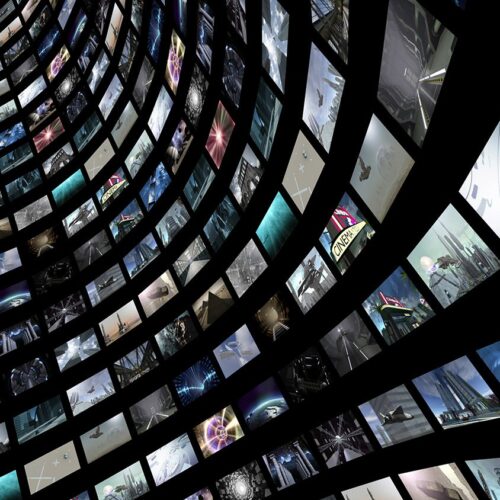

According to the Nigerian Communications Commission (NCC), the country’s mobile network landscape is gradually shifting towards newer technologies, with 5G subscriptions reaching 2.7 million in March 2024.
While 2G continues to be the prevalent network choice, constituting a significant 56.97% of all connections, the growth of 4G subscriptions is a notable trend. From a modest 25.06% in May 2023, 4 G subscriptions have surged to 32.74% in March 2024, indicating a shift in user preferences towards more advanced networks.
Despite the availability of 5 G services in select cities by all three major operators – MTN, Airtel, and Mafab Communications, the high cost of 5G-compatible smartphones remains a significant hurdle. This reality underscores the challenges of expanding coverage and making 5G services more affordable, which are crucial for wider adoption.
MTN launched the first 5G network in September 2022, followed by Airtel in June 2023. Mafab entered the market later in 2023. All three companies are aiming to expand their reach, but the high cost of 5G devices is a significant deterrent for many Nigerians.
According to Mohammed Rufai, MTN’s chief technical officer, maintaining older networks (2G and 3G) alongside newer ones is necessary due to device compatibility issues.
This highlights the need for a wider range of affordable 5G-compatible phones to unlock this next-generation technology’s potential in Nigeria.











